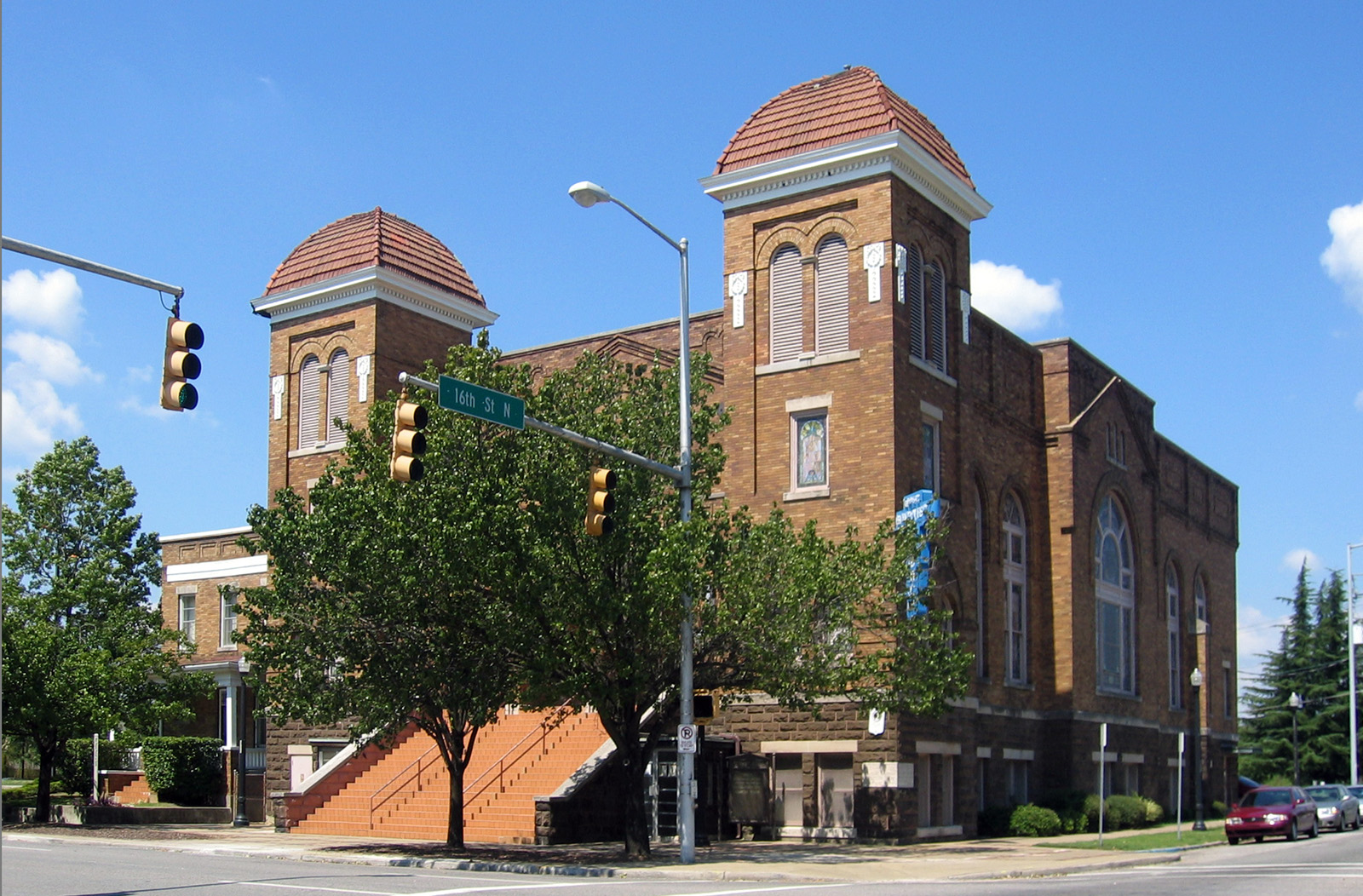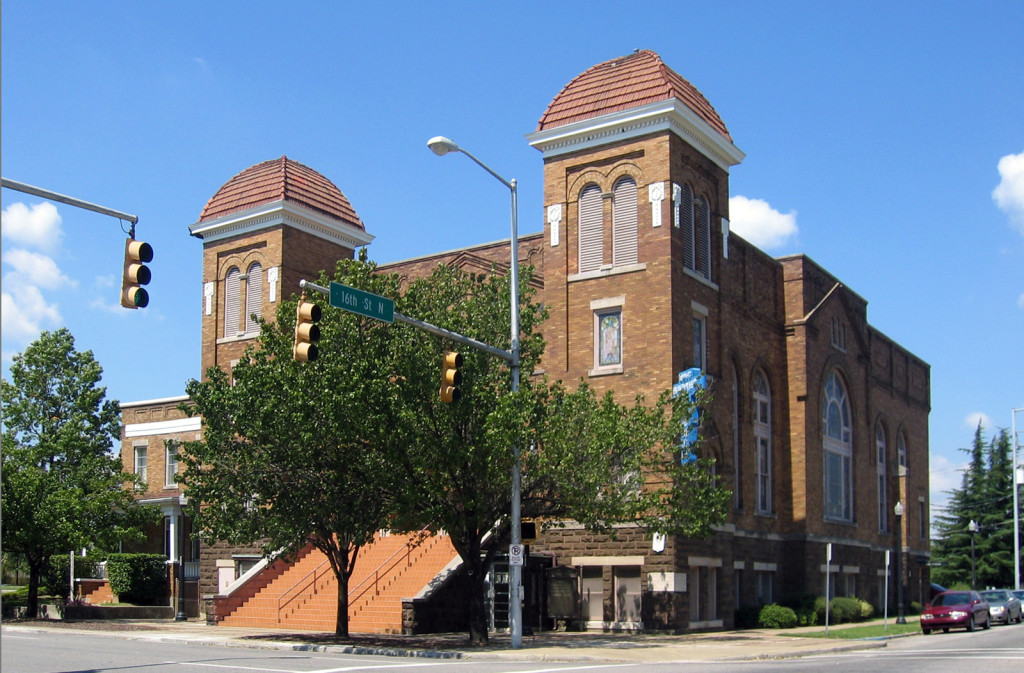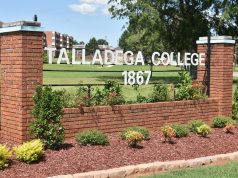
By Ebone’ Parks
The Birmingham Times

Mayor William Bell announced Tuesday that Birmingham and other locations throughout the state of Alabama and the Southeast are in line to become world heritage sites.
Other sites designated include popular attractions such as the Grand Canyon, Great Smoky Mountains, Mammoth Cave, Yellowstone, Everglades and Yosemite national parks, among others.
The sites in Birmingham under consideration are Bethel Baptist Church and the 16th Street Baptist Church, where a press conference was held Tuesday to discuss the project.
“All of these sites, while they’re not located here in Birmingham, or the state of Alabama, are important to tell the real story of what happened to make the changes here in the South that was necessary,” Bell said.
More than a dozen landmarks are under consideration including Dexter Avenue King Memorial Baptist Church in Montgomery; Edmund Pettus Bridge in Selma; Foster Auditorium in Tuscaloosa, Ala.; the Tuskegee Airmen National Historic Site in Tuskegee; Martin Luther King Jr. National Historic Site, Atlanta, Ga.; Medgar Evers House, Jackson, Miss.; National Civil Rights Museum at the Lorraine Motel, Memphis, Tenn.
The airfield in Tuskegee where black pilots broke the racial barrier during World War II is the earliest site proposed for consideration through the United Nations Educational, Scientific, Cultural Organization (UNESCO) and other organizations in Birmingham. The sites go through an election process and are voted on by several committees to see which will be included.
Attracting visitors from around the world to Birmingham will give them the opportunity to create dialogue to help solve some of the problems that exists in the world today, Bell said.
“As a child I grew up in here in the city and I can recall people saying that Birmingham would never change,” he said. “I recall them saying that it would always be division; there would always be racial conflict. By having world heritage designations, it would give us that opportunity to bring people here to share the history.”
Lee Sentell, the state tourism director, said how it important was it was to attract people from other countries to see civil rights sites. Sentell discussed the importance of the 16th Street Baptist church and how it is known all over the world as ground zero from what happened more than 50 years ago.
“This sanctuary is a sacred place, and we hope to expand the interest in not what only happened in this church, but places that Dr. King went, that Fred Shuttlesworth went to, that Ralph Abernathy went to; it’s a great program that’s gonna pay off throughout the state, certainly throughout Birmingham,” he said.
Bell said that the plan was to initially have locations in Birmingham and the state of Alabama, but UNESCO saw the significance of telling the full story of the civil rights movement; incorporating other locations to be a part of the heritage trail.
“Yes we can tell the individual story of Birmingham but we want people to get a larger view as to what really happened and how we got to where we are today,” said the mayor.




